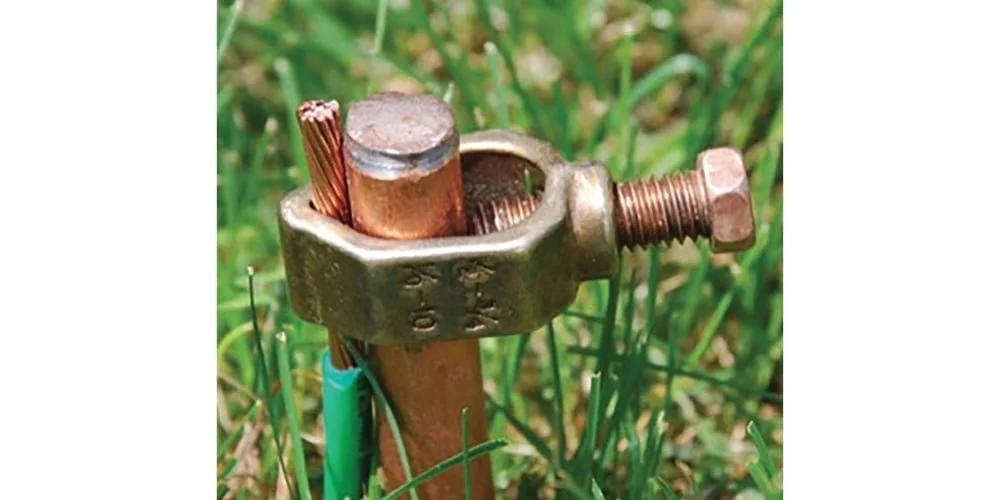What is Grounding in Electrical Systems, and Why is It Important?
What is Grounding in Electrical Systems, and Why is It Important?
When it comes to your home or business's electrical system, one critical element often overlooked by non-professionals is grounding. It plays a vital role in keeping your property safe and your electrical system functioning efficiently. But what exactly is grounding, and why does it matter so much? Let’s break it down.
What is Grounding in Electrical Systems?
Grounding refers to the process of creating a safe pathway for excess electrical current to flow directly into the earth. This pathway ensures that if there’s a fault, such as a short circuit or a power surge, the excess electricity won’t build up and cause harm.
Typically, grounding involves connecting certain parts of your electrical system—like the metal frames of appliances or the neutral wire of your circuits—to a ground rod or other approved grounding system buried in the earth.
Why is Grounding Important?
Proper grounding serves several essential purposes:
1. Safety for You and Your Home
Imagine a scenario where a loose wire comes into contact with a metal appliance. Without grounding, that metal casing could become electrified, posing a serious risk of shock to anyone who touches it. A properly grounded system ensures the excess current safely travels into the earth, reducing the risk of injury or fire.
2. Protecting Appliances and Electronics
Grounding safeguards your appliances and devices during electrical surges or lightning strikes. Without grounding, these surges could overload circuits, leading to irreparable damage to your expensive electronics.
3. Preventing Fire Hazards
Excess electrical current without a safe path to the ground can generate significant heat. This heat could spark a fire within your wiring system. Grounding minimizes this risk by redirecting the current safely away from your property.
4. Ensuring System Stability
Grounding enhances the overall stability and functionality of your electrical system. It helps maintain voltage levels, prevents unwanted electrical noise, and ensures your circuits function reliably.
How Does Grounding Work?
At the heart of grounding is the ground wire and a ground rod or similar conductive component. Here's how they interact:
Ground Wire: Connects parts of your electrical system to the grounding system.
Ground Rod: Typically a metal rod driven deep into the earth to provide a connection point for the ground wire.
When there’s a fault or surge, the grounding system provides the least resistance path for the electricity to travel safely into the earth, preventing it from causing damage elsewhere.
Common Grounding Issues to Watch For
Old or Corroded Ground Wires: Over time, ground wires can deteriorate or become damaged, reducing their effectiveness.
Improper Installation: Poorly installed grounding systems may not provide the necessary protection.
Disconnected Grounding Systems: Changes to your electrical system may inadvertently disconnect grounding components.
If you suspect grounding issues in your home, it’s essential to call a licensed electrician for an inspection.
Do All Homes Need Grounding?
Yes! Grounding is a critical safety feature required by modern electrical codes. Older homes built before grounding became standard may lack this safety measure, putting the property and its occupants at risk. If you’re in an older home, consider having your system evaluated and updated to meet current standards.
Final Thoughts
Grounding isn’t just a technical detail—it’s a lifesaver. Whether it’s protecting your family from shocks, preserving your electronics, or preventing fires, grounding plays a crucial role in maintaining safety and efficiency.
If you’re unsure whether your electrical system is properly grounded or need an inspection, reach out to us. Safety is always worth the investment.
Would you like to learn more about electrical safety? Contact us today

